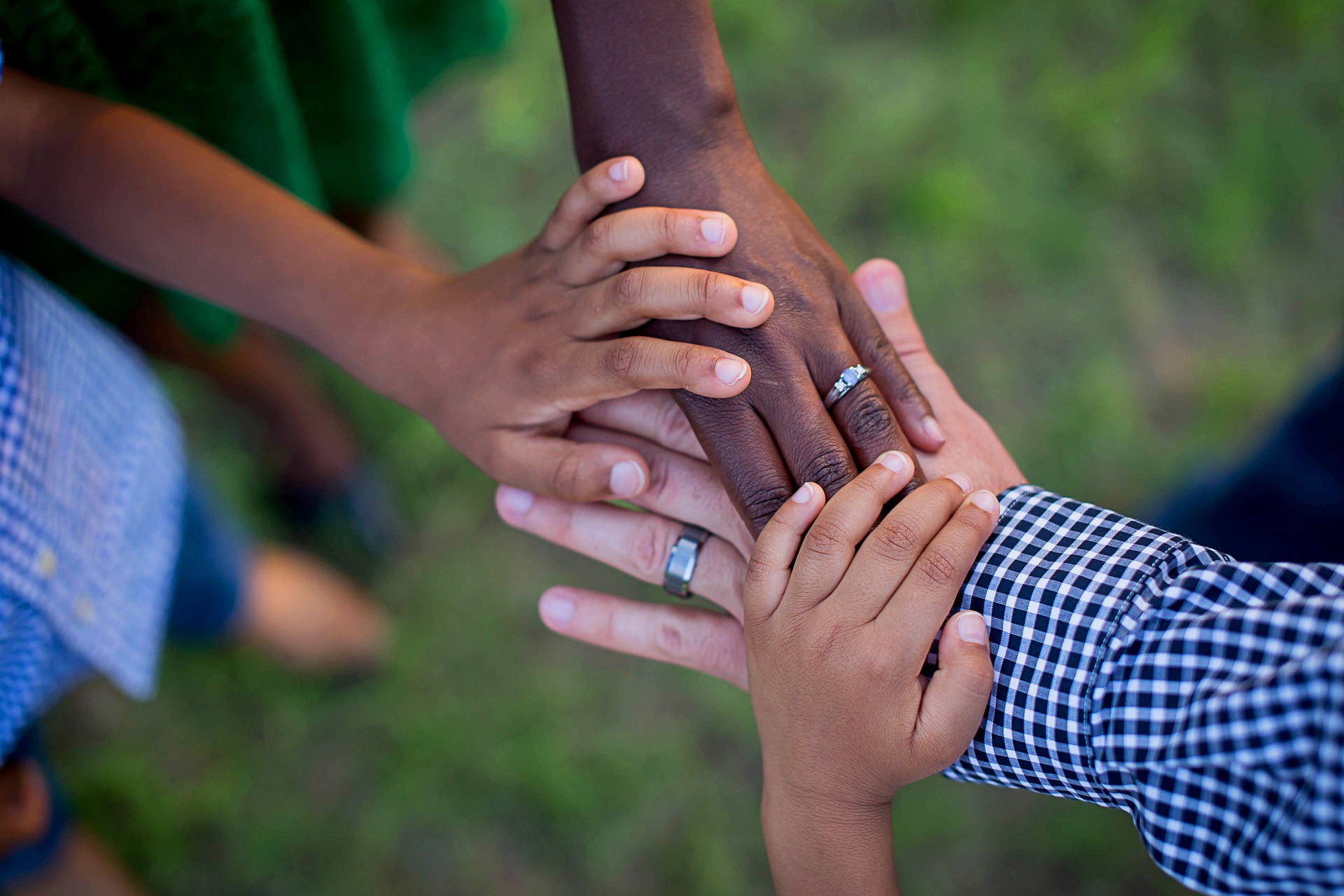Support is an important thing to have in addiction recovery, and having your family get involved in treatment can help you foster that. Family therapy and support groups are a good place to start.
Dealing With Addiction: Why Families Should Get Involved in Treatment
Dealing with addiction in a loved one’s life can be a frustrating and heartbreaking experience. Addiction slowly but surely turns a person into a shell of the person he or she once was.
In actuality, addiction exists within a context of events, places and people, according to the U. S. National Library of Medicine. This means a loved one’s addiction problem plays an active role within the dynamics of a family and vice versa.
Understanding addiction’s effects on the addict and the family can go a long way towards helping families in dealing with addiction. As each addict has his or her own legacy in terms of family and family history, the family’s willingness in dealing with addiction can greatly help the addict in his or her recovery efforts.
We can help you find treatment for addiction. Call 800-934-1582(Sponsored) toll free anytime.
The Family Dynamic
A family functions as a unit made up of interdependent members, all of which play a part in maintaining the status quo. Families develop certain communication styles and behaviors, with each member assuming certain roles and responsibilities.
In effect, the family dynamic plays a central role within the addict’s recovery. A family dynamic that remains unchanged in the face of the addict’s recovery efforts leaves the addict at a loss as to how to maintain sobriety for any length of time.
While families often suffer the brunt of the addict’s behavior, they may unknowingly play a part in perpetuating the addiction cycle. Ultimately, dealing with addiction takes a group effort, where each member of the family plays a part.
Dealing with Addiction: Educating the Family
Families living with addiction for any length of time soon fall into destructive patterns that only work to perpetuate the addict’s drug-using behaviors. While not necessarily addicts themselves, family members live in a world that’s shaped by substance abuse.
Educating the family marks the first step towards dealing with addiction. Understanding how addiction works both before and after the addict receives treatment can help in supporting his or her ability to maintain abstinence.
Once the addict returns home from treatment, it can be easy to assume all drug-related problems have come and gone. Dealing with addiction requires the family, as a unit, to take responsibility for the role it plays in supporting the addiction cycle and the changes that must take place to create a healthy home environment.
For help finding treatment call 800-934-1582(Sponsored) toll free anytime.
Family Involvement
According to the University of Washington, more oftentimes than not, addicts seek out needed treatment help because of their family’s involvement in their lives. Families capable of dealing with addiction prior to treatment are likely just as capable of dealing with addiction once the addict returns home.
In effect, family involvement not only strengthens the family as a whole, but also reinforces the addict’s motivation to follow through in recovery. Family involvement may take the form of:
- Participating in the treatment planning process while the addict is in treatment
- Taking part in family treatment sessions
- Learning how the treatment program works
- Understanding how recovery works
- Encouraging the addict’s ongoing efforts in a genuinely caring manner
- Creating the type of home environment that fosters the recovery process
Family Therapy
Even in cases where a family supports a loved one’s recovery, things can get complicated once he or she returns home. In fact, it’s not uncommon for one or more family members to unknowingly continue on engaging in unhealthy behavior patterns. These factors can quickly weaken the addict’s resolve and compromise his or her recovery progress.
According to the National Center of Biotechnology Information, family therapy provides a means for dealing with addiction on an interpersonal level in terms of the relationships and interactions that feed into the addiction cycle. Within family therapy, each family member can address his or her own personal and emotional issues as they relate to the addict’s recovery.
In turn, the process of family therapy enables the family to evolve and grow as a unit in their efforts at dealing with addiction. In this way, the family is better equipped to support a loved one’s efforts to stay well.
Family as a Social Support System
Social support systems play a pivotal role in maintaining most any type of lifestyle. The people in a person’s life have an ongoing effect on his or her outlook and approach to daily life. This is especially the case in addiction recovery.
The family as a social support system benefits the addict as well as the family in their efforts in dealing with addiction, according to the National Institute on Drug Abuse. Within this capacity, families act as a stronghold within the addict’s day-to-day efforts at maintaining sobriety.
As a family social support system, dealing with addiction should also entail participation in support groups that work to support each family member’s efforts and sense of well-being. Support groups that may be of help include:
- Al-Anon
- Adult Children of Alcoholics or ACOA
- Nar-Anon
Relapse Prevention
A family’s involvement in dealing with addiction can go a long way towards helping a loved one avoid costly relapse episodes. In this respect, family members can educate themselves on the warning signs that indicate a loved one may be losing ground in recovery.
Relapse prevention entails identifying the patterns and cues that trigger drug-using behaviors. Patterns and cues may take the form of:
- Your loved one starts to hang out with old drug-using friends
- Isolating him or herself from the family on a frequent basis
- Mood swings
- Slacking off on work, school or household responsibilities
Certain destructive relationship patterns with family members likely played a part in enabling the addict’s drug-using behaviors prior to him or her getting treatment. These same behavior-relationship patterns can also trigger a relapse episode when left unchecked. For these reasons, dealing with addiction requires the family’s involvement on all fronts.
We can help you find treatment. Call 800-934-1582(Sponsored) toll free anytime.
Considerations
Addiction acts in much the same way as a chronic disease, lingering for months and even years after a person stops using. Once it takes hold, dealing with addiction requires addicts to learn how to manage the symptoms of the disease on a day-to-day basis.
Addiction has similar effects on the family as a whole. Ultimately, the family’s involvement in dealing with addiction becomes an essential component within a loved one’s recovery process.
the Take-Away


